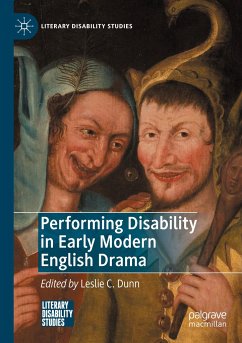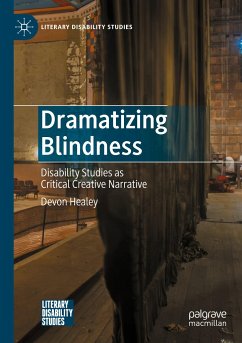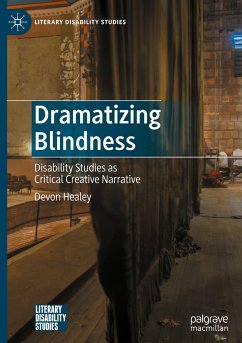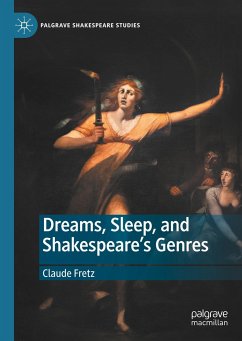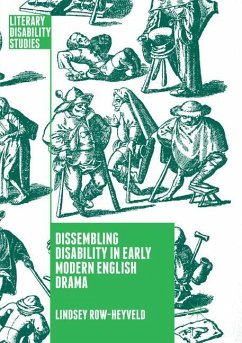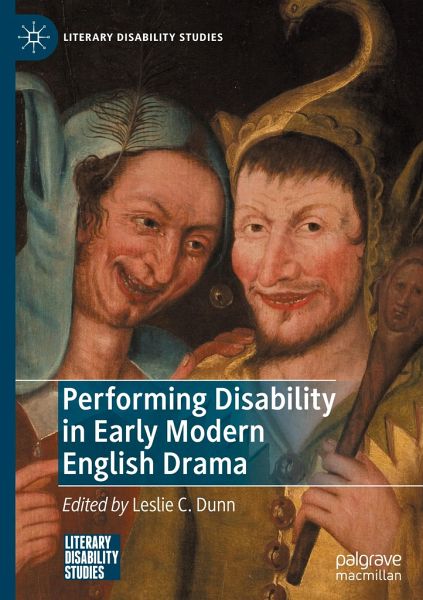
Performing Disability in Early Modern English Drama

PAYBACK Punkte
0 °P sammeln!
Performing Disability in Early Modern English Drama investigates the cultural work done by early modern theatrical performances of disability. Proffering an expansive view of early modern disability in performance, the contributors suggest methodologies for finding and interpreting it in unexpected contexts. The volume also includes essays on disabled actors whose performances are changing the meanings of disability in Shakespeare for present-day audiences. By combining these two areas of scholarship, this text makes a unique intervention in early modern studies and disability studies alike. U...
Performing Disability in Early Modern English Drama investigates the cultural work done by early modern theatrical performances of disability. Proffering an expansive view of early modern disability in performance, the contributors suggest methodologies for finding and interpreting it in unexpected contexts. The volume also includes essays on disabled actors whose performances are changing the meanings of disability in Shakespeare for present-day audiences. By combining these two areas of scholarship, this text makes a unique intervention in early modern studies and disability studies alike. Ultimately, the volume generates a conversation that locates and theorizes the staging of particular disabilities within their historical and literary contexts while considering continuity and change in the performance of disability between the early modern period and our own.





